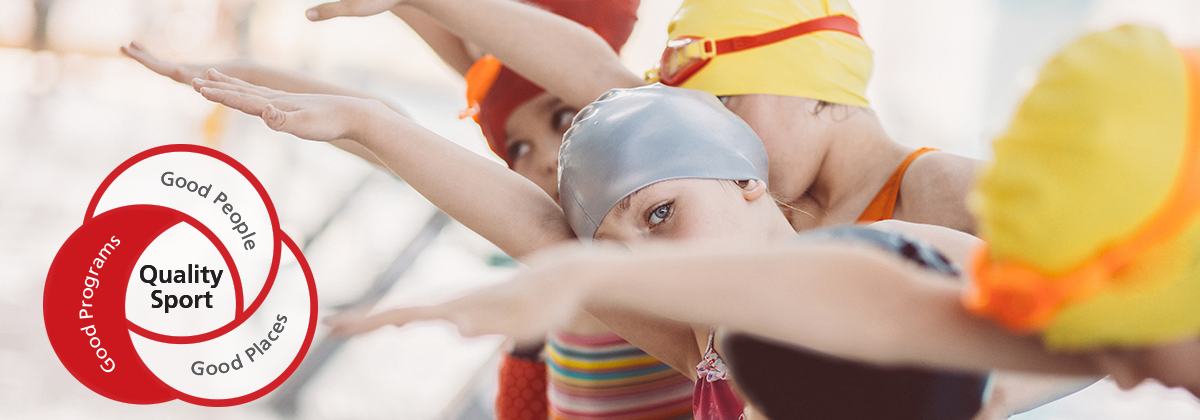
Sport for Life is committed to ensuring Canadian athletes are supported with good programming. That means ensuring sport is developmentally appropriate, participant centred, progressive and challenging, and features meaningful competition. In the following five videos, we will speak with athletes, coaches, and sport professionals about how we can design educational trajectories that are inclusive, supportive and fulfilling.
Developmentally Appropriate
How can we make sport developmentally appropriate?
It’s all about doing the right thing for participants, whatever stage of development they’re at. Sport for Life hears from Hockey Canada’s Corey McNabb as he describes how not to “take an adult game and impose it on young boys and girls”. Sport for Life CEO Richard Way envisions a sporting world where the training and competitions are designed based on participants’ developmental progress. Olympian Thomas Jones champions pathways that are custom-designed for each child. Finally, Olympian Dr. Cari Din describes what she learned from her son’s physical literacy journey.
Participant Centred
Putting participants first
Sport for Life hears from athletes such as Emma Mitchell about the impact of sport on their lives. Synchronized swimmer Halle Pratte believes it has made her more resilient, helping her realize that her goals are achievable. Sport for Life CEO Richard Way and director Andrea Carey argue that a key part of putting the participants first is to ensure inclusion, welcoming everyone and making programming accessible for those with disabilities whenever possible.
Progressive and challenging
Win 2, Lose 1
According to Sport for Life CEO Richard Way, quality sport shouldn’t involve winning all the time, but it shouldn’t involve losing all the time either. Competition should be meaningful. One indicator that competition is meaningful is when athletes win two, lose one. Dr. Stephen Norris and Olympian Thomas Jones discuss the best ways to ensure students are fully engaged in their endeavours, and aren’t getting discouraged.
Meaningful Competition
A chance to win
Jadine Cleary of Synchro Canada talks to Sport for Life about the best ways to create meaningful competition for athletes. Dr. Stephen Norris and Sport for Life CEO Richard Way describe the best ways to custom-design competition based on each individual, so everyone has a chance to win. According to Cleary, sport is currently geared towards early developers, which means other potential athletes are dropping out before they can achieve their own success. Sport for Life would like to see that playing field levelled.
Study
Filling the gaps
Jadine Cleary of Synchro Canada talks about her organization’s journey to create meaningful competition opportunities for their athletes, using the educational materials supplied by Sport for Life. One discovery was their young athletes were being judged by the same system as senior athletes, meaning they’re jumping into sport-specific skills and adult competition too early without building the foundational skills. By breaking down their judging into three different scores, they helped their athletes hone in on the skills they need to work on.

